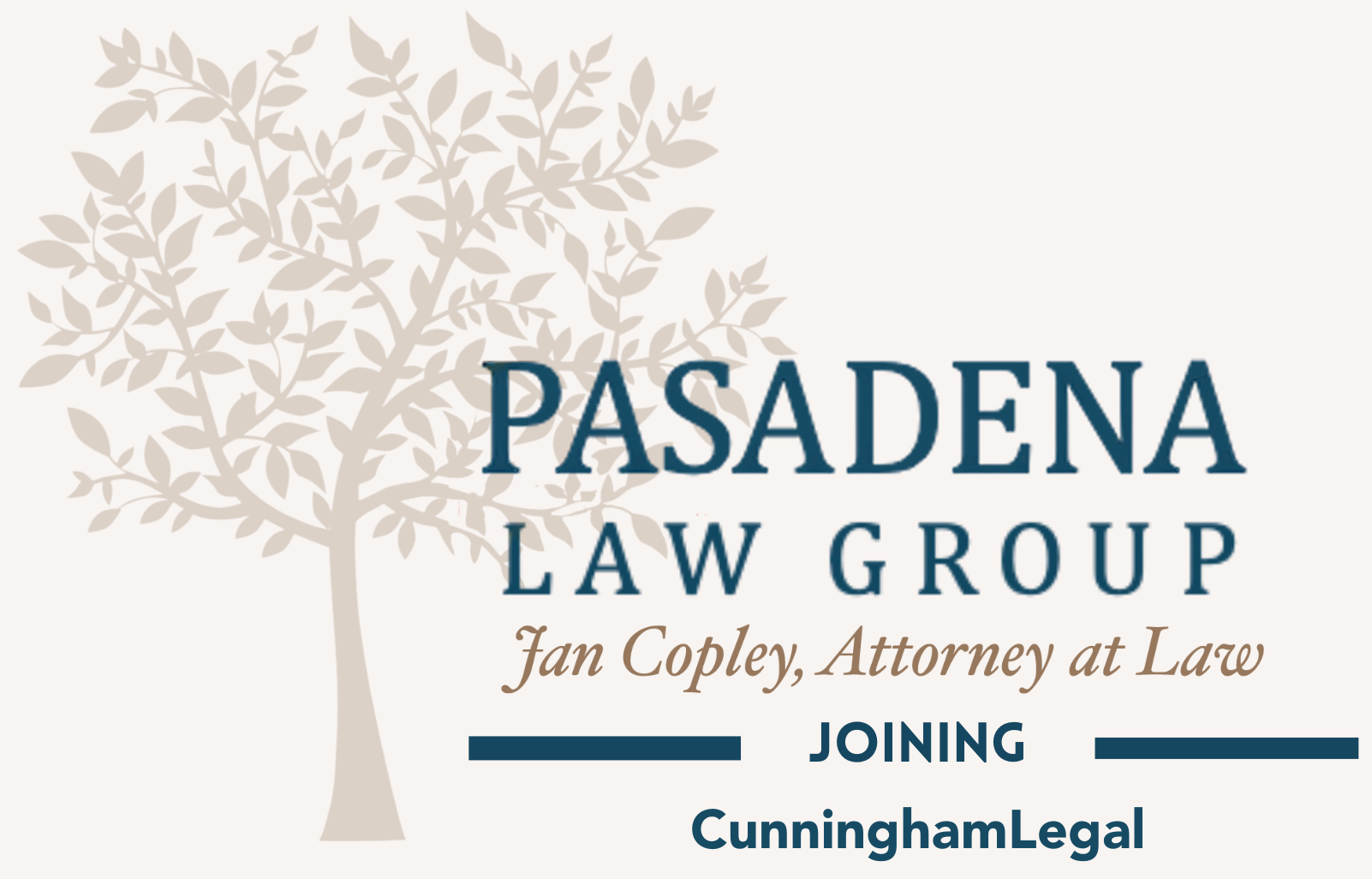
Estate planning isn’t just for the wealthy. All Pasadena residents, especially retirees, parents, and homeowners can benefit from a thoughtfully prepared and frequently updated estate plan. This blog helps clear up some of the confusion around what may actually be needed in your estate plan and answers some of the most frequently asked questions.
#1: Do I really need an estate plan if I don’t have a lot of assets?
One of the most common misconceptions about estate planning is that you need to have substantial assets in order to benefit from it. Even if you don’t have a large estate, you still may want to provide for what happens to the property you do have when you pass away. Furthermore, you also need basic legal protections in place for guardianship, end-of-life decisions, and health care. Think of it as estate planning, giving you control, not just wealth.
#2 What are the key components in a California estate plan?
A California estate plan should be structured with the individual in mind, and the right attorney can make a big difference in helping you with that process. However, some of the most important components of a typical Pasadena estate plan include an advanced health care directive, a durable power of attorney, and a revocable living trust, will, or both. Discuss with your estate planning attorney what documents and strategies best benefit you.
#3 What is the difference between a trust and a will?
A living trust avoids probate, allows for faster asset distribution, and provides privacy, while also giving you more control over the distribution of your assets. A will, however, still can distribute your assets, but requires going through the public process of probate and can delay distribution of assets, such as if someone challenges the will or if the executor has a difficult time identifying creditors and or the assets directly. Many Pasadena residents benefit from using a trust for a variety of reasons.
#4 Why do I really need a durable power of attorney?
A durable power of attorney lets someone else step in to manage your finances if you are incapacitated and unable to do this on your own. Without this, your family may require a conservatorship or court approval to access your bank accounts or pay bills on your behalf.
#5 What does an advanced directive really do?
Your advanced healthcare directive in California names someone else to make medical decisions if you are not able to do so. You can also specify your feelings about important issues such as organ donation, life support, and end-of-life care. This means your loved ones don’t have to guess or argue with one another about what you would have wanted.
#6 Is an estate plan used to name guardians for my children?
One of the most important reasons to undertake the process of estate planning with a Pasadena estate planning attorney is to nominate a guardian if you have minor children. Without this in place, the court determines who will raise your children if something happens to you. For this reason, it is best to use your will to nominate a guardian.
#7 How often does an estate plan really need to be updated?
Look at your estate plan every few years or after major life events such as deaths, births, divorce, marriage, or major changes in your assets. Bear in mind that you should also revisit your estate plan if tax rules or laws have shifted. Having a knowledgeable estate planning attorney can be a big benefit when approaching this process. Knowing what to expect and how best to approach your next steps will give you peace of mind and clarity about the tools you have selected.
#8 If I recently moved to California, do I need a new estate plan?
Anytime you move, you may need to update your estate planning materials. If you have specific documents naming previous homes that have now been sold to someone else, you’ll want to remove them. You might even want to name new power of attorney agents in California or to update your will or trust.
Note that when you move, previous estate planning documents do not necessarily transfer over to your home state without some updates. If you’re unsure of what might need to be changed, it’s best to set up a meeting with a Pasadena estate planning lawyer to talk through your current plan. Bring those documents with you to the meeting.
#9 If I recently divorced, do I need a new estate plan?
Most people have their spouse named in one or more key roles in their estate in addition to possibly receiving some of your assets. It is vital that you work with an attorney after getting a divorce to ensure that your plan is up to date with your current family dynamics and wishes. Certain property named in your estate, such as the family home, may have been transferred or sold due to the divorce and should be removed from your estate. You likely want to remove your former spouse from your estate planning, including anywhere they are named as beneficiary, trustee, or executor.
Further, other estate planning documents that may include your former spouse should also be reviewed, such as the beneficiary designation forms on your retirement accounts and life insurance policies. Often these documents are overlooked, but until you change them, will remain with any spouse named. This means that if you were to pass away with your ex-spouse as the only beneficiary of your life insurance policy they are legally entitled to receive it.
Talking with our Pasadena estate planning attorneys can clear up many of the most common questions faced by long-time or new residents to Pasadena.










